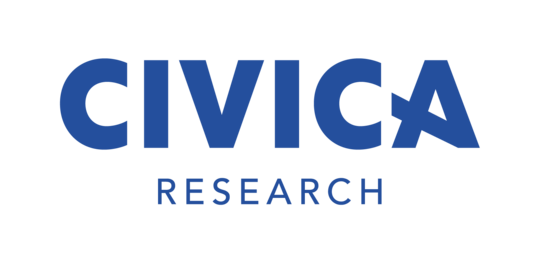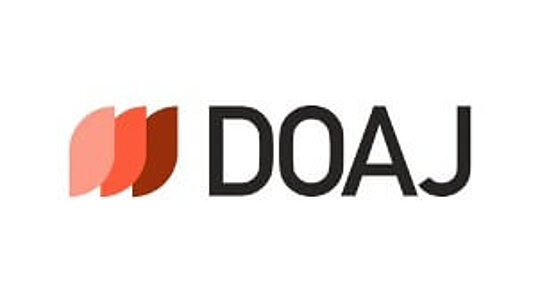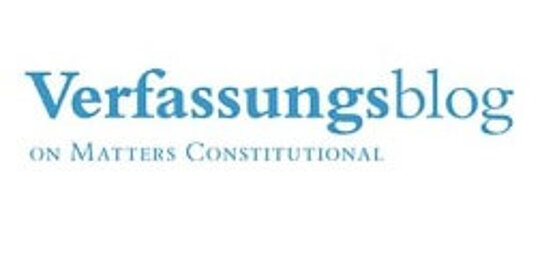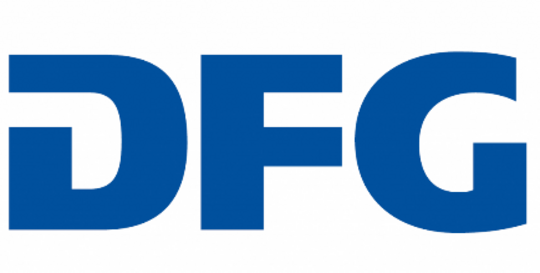Open Science – Open Access
The Hertie School Library supports an approach to scholarly communication that values the principles of Open Science aiming at the broadest openness, visibility, and impact of its research. Open Access stands for providing barrier-free access to academic literature, and is becoming the new standard in publishing journal articles. All students and researchers benefit from Open Access as it offers free access to academic research results. Funding bodies such as the Deutsche Forschungsgemeinschaft (DFG) and the European Commission require Open Science practices and publishing Open Access. Open Access generates a measurable increase in both accessibility and in visibility and citations of publications.
The Hertie School Library has an Open Access Policy and Publishing Guidelines. We support Open Access through collaboration and membership in numerous initiatives, such as the Directory of Open Access Books, Directory of Open Access Journals, the Verfassungsblog, and through consortia Open Access agreements with publishers like Cambridge University Press, Elsevier, SAGE, Taylor & Francis, Wiley, and SpringerNature (“transformative” and “DEAL” agreements).The Hertie School also receives funding from the DFG Open Access Publication Funding programme.
For further information, please see the Open Science website of our CIVICA library partner network: Open Science, the Social Sciences and the CIVICA Alliance.
Open Access publishing services
Our services:
- Publish your article Open Access in a journal according to our Publishing Guidelines.
- Publish or archive your publications in the Hertie School Research Repository (OPUS) according to Hertie School’s Open Access Policy
- Publish your Hertie School dissertation in our repository
- Attend an Open Access workshop or get in touch for an individual publishing support
There are two options for publishing Open Access:
Green Open Access = self-archiving. Hertie Researchers can publish the manuscript version of journal articles in the Hertie School Research Repository. This will facilitate the access and citation of your article. The article will receive a DOI and be findable through a simple internet search. Most publishers allow uploading of the manuscript versions of an article (as “preprint” or “postprint” publication), please check the Sherpa/Romeo list for the publishing policies, or get in touch with the Library.
Gold Open Access = publishing Open Access by paying the article processing charge (APC). The Hertie School has agreements with different publishers that allow our researchers to publish journals articles without extra costs in the journals of these publishers. Please check our regularly updated Publishing Guidelines for more details or get in touch with the Open Access Office (library[at]hertie-school[dot]org).
Research Data Management
Research Data Management (RDM) includes all activities related to processing, storage, preserving, and publication of research data. As stated in our Research Data Management Policy and as a baseline of the Open Science principle required by research funders, research data should be processed according to the FAIR principles (findable, accessible, interoperable, re-usable). Researchers are required to fill in data management plans and publish their research data in an appropriate data archive or repository, whenever possible.
The Hertie School Library serves as the first point of contact and support for researchers regarding all aspects of research data.
- Research Data support: Get in touch with the Library for information related to finding, processing, storing, and archiving data. We also offer advice on data protection, and guidance on meeting funding requirements.
- DPMs Data Management Plans: Research funders have specific DMP requirements (for example, DFG, HORIZON 2020 DMP, or the subject-specific CESSDA template for the social sciences). Free tools like DMPonline or RDMO support the planning and organization of research data management. Here you can find a DMP template provided by our CIVICA network. The Library offers support with finding and crosschecking the DMPs.
- Storing, sharing, and finding data: Data can be published in journals (as supplemental material or in data journals) or stored in data repositories (institutional and discipline-specific). The Registry of Research Data Repositories (re3data.org) will help you to find a suitable repository, or you can look into the extensive CESSDA Data Catalogue. You can also use the Hertie School Research Repository OPUS to publish research data. Please get in touch with the Library if you need support in finding or publishing research data.
- Research-related software: Please find here a list of software licensed and supported by our IT department that can help you during your research data lifecycle to process and structure data.
- Research Data and Open Science: Please check the resources and recorded training on Open Science and Open Data provided in cooperation with our CIVICA Alliance partners, as well as the Consortium of European Social Science Data Archives CESSDA.
Research ethics
The Hertie School believes that sound ethical standards are imperative for the development of science. Every student and researcher is responsible for complying with the Hertie School’s policies and Code of Conduct, which integrates and makes binding, good ethics research principles and conduct, in compliance with the German Research Foundations (Deutsche Forschungsgemeinschaft) Guidelines, national and international legislation and any other relevant regulations, principles and practices.
To ensure academic freedom and research excellence, a Research Ethics Review Policy was introduced in 2022. The policy aims to facilitate research, protect participants, and promote the conscientious reflection of ethical issues and their implications in research.
The policy sets a protocol for the School’s research ethics review process, which involves two or three stages:
- The completion of an online self-assessment checklist for ethics and data protection
- The review of the checklist by the Research Ethics Officer
- A full review by the Research Ethics Committee, when necessary. In some instances, a pre-analysis plan workshop can provide an alternative to a full review. It is incumbent on the researcher to know which level of review is demanded by relevant funding bodies, partners, journals, and publishers.
The Research Ethics Officer offers advice and support to students, researchers, and faculty in compliance with the Hertie School Research Ethics Review Policy, which reflects our commitment to safeguarding good scientific practice.
The Research Ethics Officer can be reached at: ethics[at]hertie-school[dot]org
In addition, we offer a dedicated Moodle section, which provides information and resources on the School’s review mechanisms and procedures:
Please find here a list of software licensed and supported by our IT department that can help you during your research data lifecycle to process and structure data.
Informed Consent:
The Hertie School provides different templates for project information sheet and informed consent forms. Please, note that these templates are just examples on which to base your own forms. It is the researchers’ responsibility to know what information must be communicated to human participants according to the specificities of each project and current laws and regulations, especially regarding data protection and privacy.
Project information sheet
Consent form 1 (basic)
Consent form 2 (level of anonymisation/pseudonymization of participants)
Consent form 3 (for interviews with video/audio software)







